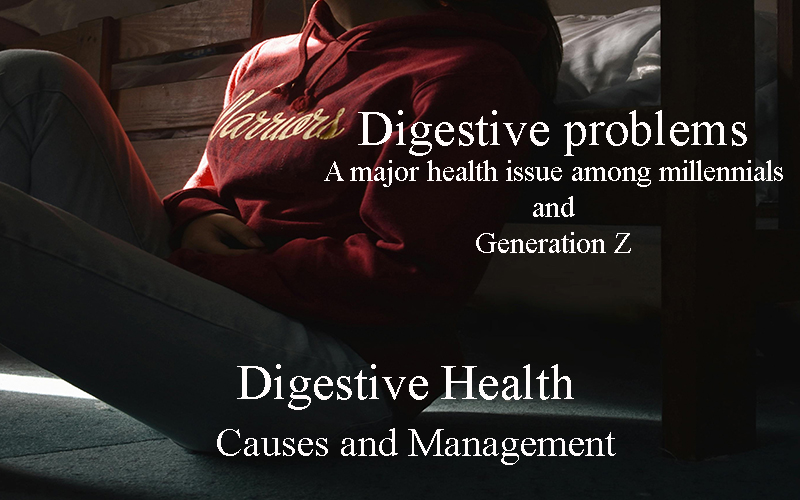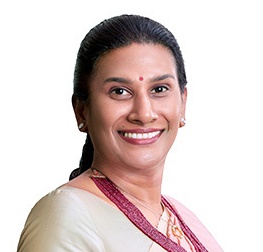Digestive problems: A major health issue among millennials and Generation Z. Disorders in the digestive system, which includes many organs – oesophagus, stomach, intestines, and gallbladder, creates digestive problems.
Digestive system plays an important role in collecting nutrients, vitamins, and minerals from the food. Hence digestion problems take a toll on our health leading to many disorders like nutritional deficiency, iron deficiency etc. In this fast-paced lifestyle digestion problems are becoming predominant in the younger generation and irregular eating habits being the prime cause.


The sharp rise in digestive problems in the younger generation is annoying. Of course it leads to numerous symptoms and problems that affect daily activities. Common digestive problems include constipation, irregular bowel movement, nausea, abdominal pain, diarrhoea, bloating, acidity, gastric and vomiting. Gone are the days when only the aged people used to nit-pick about indigestion and unhealthy gut. But now, regardless of age, digestion problems are becoming increasingly common.
What is causing digestive problems?
The steep increase is caused due to many reasons mainly being irregular eating habits, unhealthy junk foods, anxiety, stress, lack of physical activity, lifestyle, medications, autoimmune diseases, mental health issues, genetics and family history. Digestive problems sometimes also reflect symptoms of different digestive disorders like irritable bowel syndrome (IBS), Food intolerances, small intestinal bacterial overgrowth (SIBO), ulcerative colitis (UC), gastroesophageal reflux disease (GERD) and Crohn’s disease. A person may also face digestive problems due to viral infections, cancers, food poisoning, bacterial infections and hormonal diseases.
How to manage digestive problems?
There are quite a few home remedies to manage digestion problems. Consuming ginger may help to reduce nausea and vomiting; peppermint helps to overcome bloating, gastric, abdominal pain and diarrhoea; fennel seeds for gas and bloating.
Apart from this, some of the precautions to consider are – keep up a healthy lifestyle, control stress, eat well-balanced diet with more dietary fibre, avoid alcohol, exercise regularly, quit smoking, manage weight and avoid fatty or processed foods. Nevertheless, this needs to be incorporated in the long run for gut health. Moreover, there are many medications available, so consult healthcare professional especially to treat severe symptoms of digestive problems.
Conclusion
Digestive problems reflect how this fast-paced lifestyle is taking toll on health. Even though these apprehensions are becoming increasingly common, study statistics shows that majority of the people do not consult doctor nor take medications. If lifestyle changes do not ease symptoms and also experience other problems like rectal bleeding, black stools and fever, immediately seek medical help.
Digestive disorders progresses with aging, so proactive measures at young age may help to minimize risk in future. It is advisable to get the solution at the earliest possible. Late treatment can make the problem shoddier or persistent.













